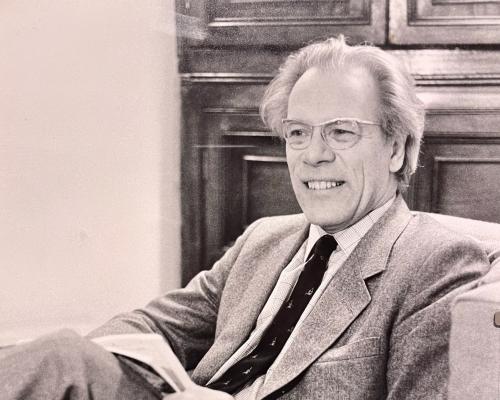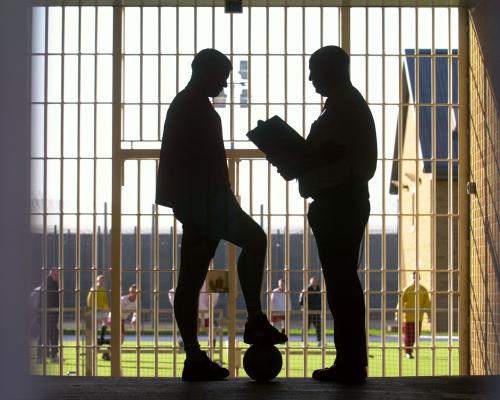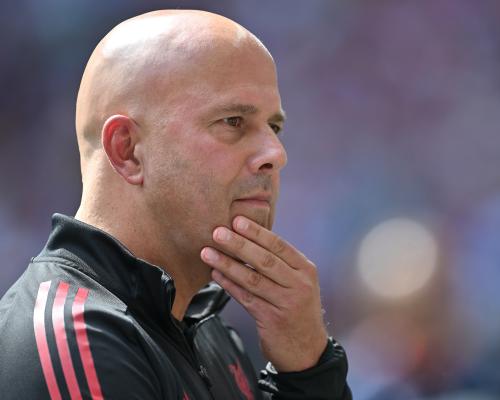
My father, Oliver Russell, who has died aged 89, spent much of his working life advocating for improvements in the care of people with learning disabilities.
He did this, most notably as the co-founder in 1988 and honorary director of the Norah Fry research centre for disability studies at Bristol University. He then became a key figure in the development of Valuing People, a 2001 white paper that led to the establishment of local partnership boards that gave much greater attention to consulting individuals – and their families – on all aspects of their care.
The white paper also wanted to ensure that every person with learning disabilities had a health action plan reviewed annually with their GP, alongside initiatives to improve housing, daytime activities and access to work.
Born in Harrow on the Hill, Middlesex (now part of Greater London), to Olive (nee Anderson), a bookseller, and Jack, who was in the clothing trade, Oliver attended Merchant Taylors’ school in Moor Park, Hertfordshire. He got one of the top five 11-plus results in the county and was offered an all-expenses paid scholarship.
After studying human physiology at St John’s College, Oxford, and taking up medical training at the Middlesex hospital, London, his career spanned 40 years as an NHS consultant psychiatrist and a reader in mental health at Bristol University.
He started off in child psychiatry but in 1972 was asked to take the lead role in learning disabilities, which became his main specialty, in the university’s mental health department. Another of his specialisms was people with both a learning disability and a psychiatric condition.
From 1976 for about 10 years, he was also a member of the Department of Health’s national development team, reporting on services around the country.
My father was a passionate advocate for closing long-stay institutions, where he had started his career, and giving people with learning disabilities, many of whom were in these places, the chance to live an “ordinary life” .
In 1983, he had a key role in setting up the Wells Road Service in Bristol, which became a model for community-based provision.
At the end of 1998, the new Labour government made him its senior policy adviser in mental health, and he took a central part in advocating for and writing Valuing People, which was the first such document on this policy area for 30 years.
He is survived by his wife, Rosemary (nee Ward), whom he married in 1964, his three sons, Simon, Tom and me, and eight grandchildren.







